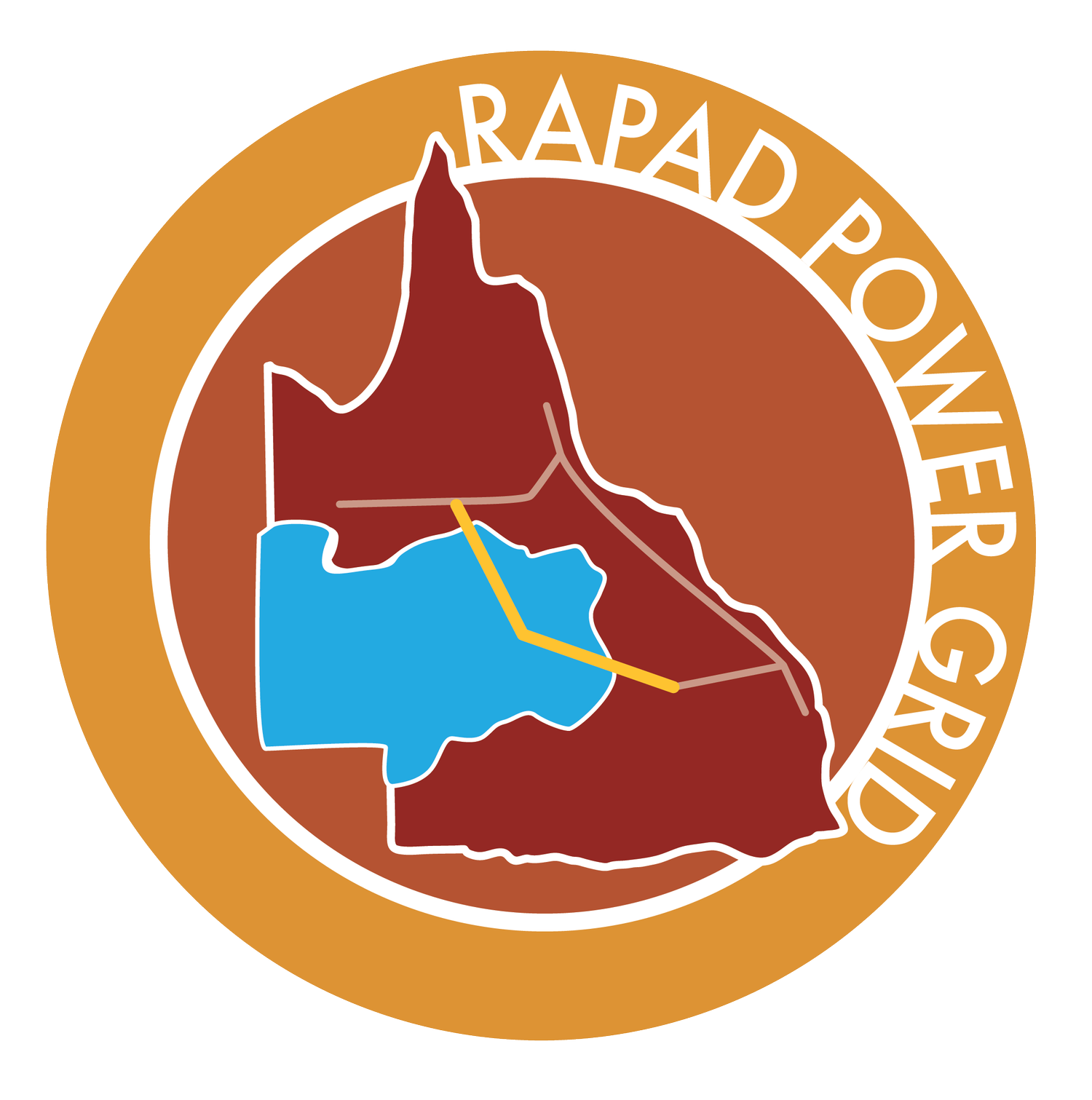Landmark Community Benefit Royalty Agreement targets $150+ million for Central Western Qld from RAPAD Power Grid
The seven councils of Central Western Queensland have released an Australian-first benefits agreement; creating a unique framework for how their local communities will benefit from the proposed RAPAD Power Grid and other energy developments.
The RAPAD Power Grid Community Benefit Royalty Agreement (CBRA) aims to deliver significant long-term cash payments that will support social and economic infrastructure investment determined by the community.
The region’s organisation of councils – the Remote Area Planning and Development Board (RAPAD) - and CopperString founders Queensland company VisIR, developed the CBRA to deliver substantive financial benefit to communities from future transmission and clean energy infrastructure related to the proposed RAPAD Power Grid.
Initial modelling indicates total cash payments flowing direct to communities will exceed $160 million over a 30-year period, in addition to broad economic benefits from construction and operational activities.
RAPAD Chair and Longreach Region Mayor Tony Rayner said the group believes the CBRA is an Australian-first, with a clear framework that aligns the interests of the community and energy infrastructure investors and ensures the RAPAD Power Grid can set a new benchmark for well-planned economic development in rural Australia.
“RAPAD is working hard to put our region ahead of the game and our economic development and social benefits at the heart of clean energy investment in our region,” Mayor Rayner said.
“Working with VisIR as our development partners for RAPAD Power Grid, we have researched models in Australia and the US and consulted with my fellow mayors to develop a framework that is clear for our community, government and investors, and provides real cashflow that we can invest in our communities’ infrastructure priorities.”
Mayor Rayner said added motivation to develop the agreement was seeing the many regional councils across Australia complaining about a lack of transparency and engagement from renewable energy developers and the direct economic benefits being unclear or non-existent.
A report in 2023 by then Australian Energy Infrastructure Commissioner, Andrew Dyer, found tht rural communities deserve a more equitable share of the benefits from the energy transition. (Ref: www.dcceew.gov.au/energy/renewable/community-engagement/review)
VisIR CEO Joseph O’Brien said: “When we started working with RAPAD and the Mayors of the Central West on RAPAD Power Grid our common objective was to ensure the community was not just in the tent, but that they helped build the tent.”
“It is possible to build very strong support for clean energy infrastructure development in rural Australia. We saw that with CopperString, and we can do an even better job with the RAPAD Power Grid through transparency and strengthening the direct financial benefits that flow to communities,” Mr O’Brien said.
Dr Joshua Rhodes PhD, a leading energy economist at University of Texas at Austin currently travelling with a Texan delegation in collaboration with RAPAD, attributes the extraordinary deployment of renewable energy in his home State to the direct economic benefit it provides to rural communities.
“In Texas, for every wind or solar project that is constructed significant payment flows directly into the County for use by the community,” Dr Rhodes said.
“The current renewable energy fleet provides approximate US$20billion in direct payments to the County which creates a lot of support for the infrastructure even in very conservative communities.”
Speaking from Barcaldine ahead of a Queensland Government sponsored RAPAD Energy and Economic Development Futures Forum (27 September), Mayor Rayner expressed his confidence that being ahead of the game and collaborating early with a Queensland-based development business in VisIR was positioning the region well ahead of the game.
“We don’t just want to be renewable energy hosts; we want to be renewable energy partners.”
“The Central West is well ahead of the game in terms of encouraging economic development while also maximising our influence so that whatever is built aligns well with the best interests of the community and delivers real financial benefits to the entire region,” Mayor Rayner said.
Mayor Rayner said they had already consulted with other Mayors in western Queensland and would continue to do so as the RAPAD Power Grid CBRA has the potential to apply in other regions.
“We believe the CBRA scheme will provide renewable energy project investors, developers and owners with certainty and make our region more attractive for investment, and ensure local communities are at the table very early in the process.”
Payments under the RAPAD Power Grid CBRA are part of the community benefit expenditure that energy investors typically include in development budgets and does not change taxes, fees and charges paid to State and Federal Governments, as well as local government rates.
Download the CBRA at: www.rapadpowergrid.com.au/community-benefit-royalty-agreement
- ENDS -
For more information contact:
Morgan Gronold – Deputy CEO RAPAD: 0448 739 759
Joseph O’Brien – CEO VisIR: 0418 784 438

